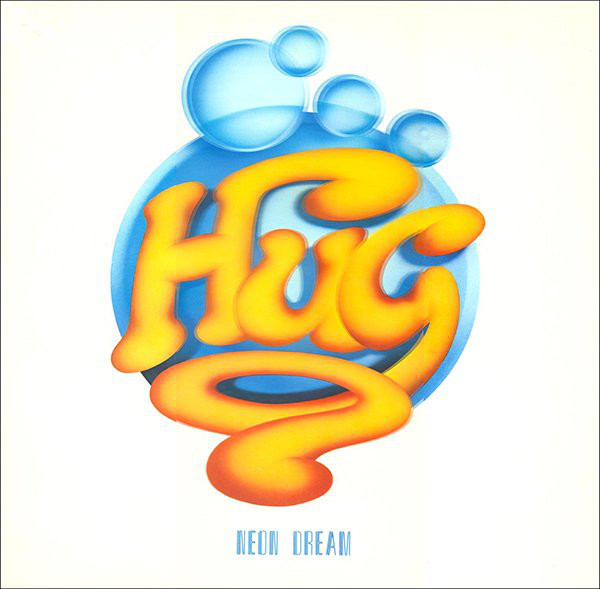My long promised (threatened?) podcast is here! It’s not about music, but instead I’m focusing on movies, specifically movies that have fallen through the cracks of time. Maybe they were once huge but now irrelevant, massive failures, rarely-seen B-movies, or underground flicks that still haven’t gotten their just due. My focus is broad, there are a lot of films that I want to shine a spotlight on that I feel people either aren’t talking about or have barely even heard of. And no, you’re not wrong, there are some parallels between what I want to focus on with my podcast and what I’ve always been writing about here. You might say that the podcast is the movie equivalent of this website.
It’s called Cinema Oblivia, and for the premiere episode I took a look at the film, Flashdance. Yeah, Flashdance isn’t exactly a lost or forgotten film, but I think that people today really don’t understand just how big of an influence it was on popular culture. I think that 80s nostalgia continues to refuse to die, but Flashdance hasn’t been part of that recently. Is it a great movie? Not really. But it’s an interesting movie, with some fascinating stories behind it. Joining me to discuss the movie is an old friend, Jennifer Fiorini. She was 13 years old when the movie came out (…and my babysitter!) so she was totally it’s target demographic. Also, as a former dancer and current film scholar, she brings a lot of interesting insight into the discussion.
I plan on making these weekly for a least a little while. Flashdance was actually last week’s episode. This week Eric Pope and I discuss the Walter Hill career-killer Streets Of Fire. That episode is up now!
After that, Madeleine Koestner joins me to talk about Sorcerer, the hyper-stressful dynamite-fueled thriller by William Friedkin. And then for the forth episode, Emma Buntrock-Muller and myself take a deep dive look at Brian Depalma’s musical horror classic, Phantom Of Paradise.
I got a few more episodes lined up already and I’ll announce them soon too. Also, I’m looking for more guests! If you are, or know anyone, with at least a modicum of experience talking or writing about film, shoot me a comment either here or on Twitter. I’m always looking for more guests. I’m especially looking for people of color and trans individuals. Not only for films that are relevant to them, but for any movie.
And if you like it, leave a review on Apple’s Podcasts. I hear that helps surface the show a bit better. There’s a sea of podcasts out there, it’s hard to get an audience.
In the interests of self-promotion, I guess I should share something tonight that has the chance of going viral, which in turn might lead people to the podcast. But instead, here’s some progressive rock/funk by a member of Manfred Mann.
I’m bad at this.
Hug
Look At Yourself
Breakdown
Star Traveller
Hug is the brainchild of Mike Hugg of Manfred Mann. When that band disbanded in the late 60s, he first stayed with Mann to form the Manfred Mann’s confusingly-named second band, Manfred Mann Chapter Three. He didn’t stick around for the far more commercially-successful Manfred Mann’s Earth Band, however, instead deciding to go solo. He released two albums in 1972 and 1973, respectively, but I don’t think either made waves on either side of the Atlantic.
After that, he formed Hug, and they released their sole album, Neon Dream, in 1975. Alongside Mike Hugg on the album is Marcus James on bass, Ron Telemaque behind the drums, and guitarist John Knightsbridge. Yeah, I never heard of any of them either. Knightsbridge apparently played with Illusion, the Renaissance offshot group, for while, and Telemaque and James worked with Eddy Grant for a bit. But most of their work is on smaller labels with artists I’m not that familiar with. That’s not to say they’re untalented musicians! On the contrary, if this album is any indication, they shred.
Neon Dream isn’t an earth-shatteringly great record, but it’s a very good one. It’s kind of a mix between jazz, progressive rock, and funk, with more of an emphasis on the latter two, thankfully. It has the feel of a bunch of dudes getting together and jamming, while keeping a pretty tight focus on making good, pop-friendly tracks with solid hooks. There are only six tracks on the album, five of which are over six minutes long. I bet they were really good live.
The three tracks I’m sharing here are the longer numbers, which I feel work better than the slightly-shorter tracks. These guys are at their best when they really let loose, especially Knightsbridge, he fucking kills it on “Breakdown” and “Star Traveller.” It’s a shame he didn’t put out more work back in the 70s, his loose, jazzy style would’ve fit in great with any number of progressive acts that were around at the time.
Hug’s Neon Dream seems to have been released in the UK only, and was never reprinted on tape or CD. That makes it pretty rare. It’s not a super-valuable record or anything like that, but it usually goes for at least 20 bucks when I see a copy, that’s more than a lot of other forgotten prog and funk from the early 70s. I hope someday that it can get a proper CD re-release. Fans of the genre should dig it.

